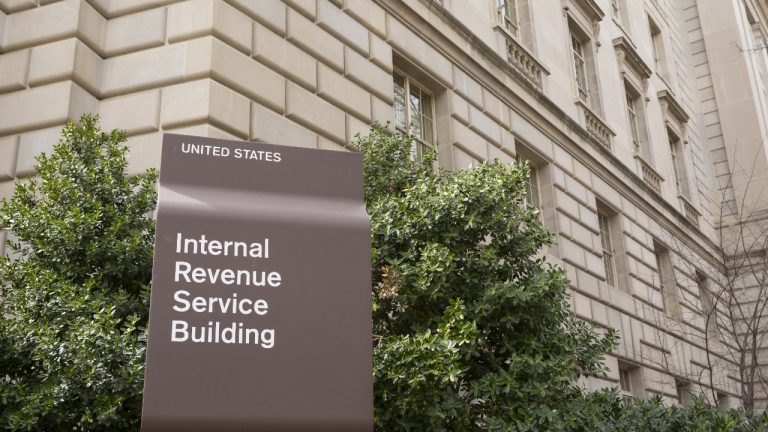 The U.S. Internal Revenue Service (IRS) has modified the crypto question asked on the main U.S. tax form. Reducing the scope of the question, the IRS now focuses on taxable cryptocurrency transactions. New Crypto Question on Tax Form 1040 The IRS published a draft Form 1040 for the tax year 2021 Thursday. Form 1040 is […]
The U.S. Internal Revenue Service (IRS) has modified the crypto question asked on the main U.S. tax form. Reducing the scope of the question, the IRS now focuses on taxable cryptocurrency transactions. New Crypto Question on Tax Form 1040 The IRS published a draft Form 1040 for the tax year 2021 Thursday. Form 1040 is […]
The United States IRS has clarified that crypto investors who only purchased digital assets using fiat and did not sell during 2020 do not need to report said activities.
The United States Internal Revenue Service, or IRS, has updated its FAQ section on cryptocurrency to clarify investors who have only purchased crypto assets with fiat currency do not need to report their transactions under the "virtual currency" question.
The first page of U.S. citizens’ Individual Income Tax Return form, or Form 1040, asks whether the respondent received, sold, sent, exchanged, or otherwise acquired “any financial interest in any virtual currency” during 2020.
As such, the form’s wording suggests that individuals who acquired crypto assets through any means would be required to answer yes to the question, regardless of whether the virtual currency was purchased using U.S. dollars, Kenyan shillings, or peanuts.
However, question five of the IRS’ updated cryptocurrency FAQ information asks whether an individual who “purchased virtual currency with real currency and had no other virtual transactions during the year” must report said activities in Form 1040. The answer now states:
“If your only transactions involving virtual currency during 2020 were purchases of virtual currency with real currency, you are not required to answer yes to the Form 1040 question.”
The new FAQ section suggests crypto investors do not need to report said transactions provided they exclusively purchased cryptocurrency for U.S. dollars, and did not make crypto-to-crypto trades or sold any of their digital assets for fiat. Conversely, if they purchased crypto with other crypto assets, or sold any of their cryptocurrency during 2020, the transactions must be reported.
While the IRS has sought to provide greater clarity to crypto investors as to their reporting obligations in recent years, the pace of innovation in the virtual currency sector means that regulators are often left playing catch-up.
Last month, a report compiled by the Law Library of Congress and commissioned by Republican representative Tom Emmer noted that only five countries have established taxation guidance for cryptocurrency stakers. Emmer urged the IRS to provide clear guidance for stakers, emphasizing the need for taxation requirements to be “sensibly applied” to avoid deterring innovation.